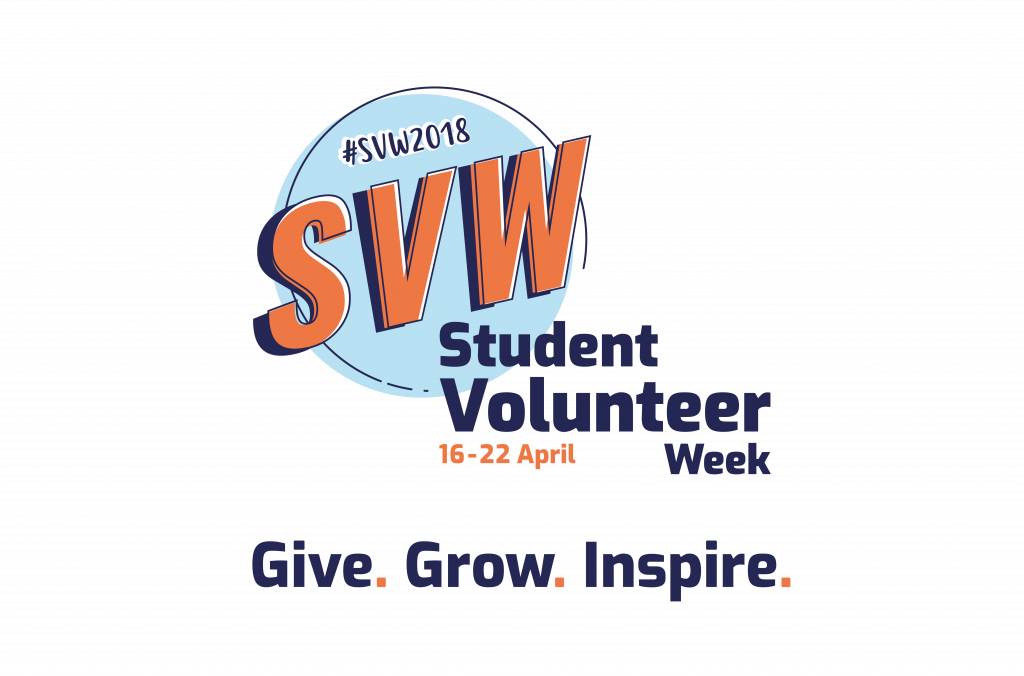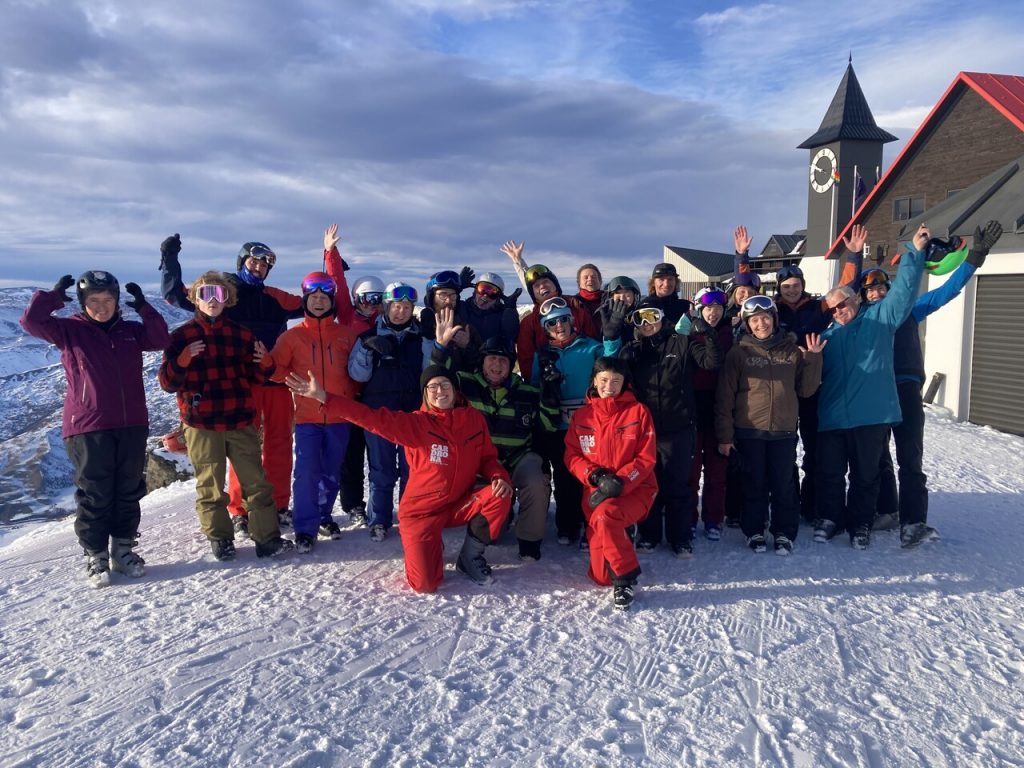Volunteering provides pathways to inclusion, community and even employment. Whangarei migrants Vinkal Gaur and Astrid Kelly found volunteering helped them successfully find paid work.
Volunteering provides pathways

Vinkal Gaur – credits volunteering and networking opportunities for finding his perfect job.
International Northtec student Vinkal Guar came to New Zealand in 2017 to study a degree in sport. He wanted to build networks and applied for advertised jobs but found the lack of response frustrating. “I applied for jobs,” he says, “but I never heard back.”
As part of a Multicultural Whangarei employment program he volunteered to lead Yoga classes. Then a referral to the Whangarei Aquatic Centre resulted in a few weeks working as a volunteer there until he was offered a paying job as a group fitness instructor.
“This is the ideal job for me,” he says, “it is an amazing place to work… it is very satisfying.”
Migrant Astrid Kelly had a similar experience; after migrating to New Zealand from the Philippines to join her kiwi husband she researched job searching and learned volunteering could help.

Astrid Kelly – local work experience helped lead to paid work at Literacy Whangarei.
“Volunteering can give you exposure… it can be a stepping stone to work,” she says. Like Gaur, she had no success in applying for advertised jobs but worked as a volunteer through a Multicultural Whangarei employment program and joining Volunteer Northland. “My first volunteering in administration was for Plunket,” says Kelly.
She was also a volunteer event photographer for Multicultural Whangarei. She used these work experiences and references when applying for paid work at Literacy Whangarei, a vacancy she discovered through her Multicultural Whangarei network. She has worked as a Literacy Whangarei administrator since May 2017.
“Volunteering is good for foreigners to know how it works here in New Zealand,” Kelly says.
Multicultural Whangarei Centre Manager Jessie Manney agrees, “Lots of New Zealand employers want local experience.”
As well as gaining local work experience and references, Manney has found volunteering helps migrants develop networks, get to know their community and learn how things are done here. She has observed that being a successful volunteer helps newcomers build confidence as well as providing opportunities to practice language skills, all of which help with success in getting paid work.
Author: Cathy Robinson for Volunteering Northland.





About The Author: Michelle Kitney
Chief Executive, Volunteering New Zealand
More posts by Michelle Kitney